Depreciation can be a major tax advantage for property owners in Montenegro — but if you own a short-term rental, like an Airbnb or Booking.com property, the rules might not be what you expect. In fact, depreciation for short-term rentals is treated differently than it is for long-term leases.
The short answer? Yes, depreciation rules can differ — and if you're not careful, you could miss out on valuable deductions or run into issues with the Montenegrin tax authorities.
In this guide, you'll learn exactly how depreciation works for short-term rental properties in Montenegro, how it compares to long-term rentals, and what you need to do to stay compliant and tax-efficient.
Is depreciation different for short term rental property?
Yes, depreciation is different for short term rental property in many cases. Depending on local tax laws, short term rentals are often treated as active income, which can change how depreciation is calculated and may restrict certain deductions based on how the property is operated and reported.
How Is Short-Term Rental Taxation Different?

Your short-term rental taxation in Montenegro works differently if:
- Your property is used for daily or weekly tourist rentals
- You provide additional services like cleaning or breakfast
- You operate in tourist areas along the Adriatic coast
In these cases, the tax authorities may see your property as a tourism business instead of a regular rental. This can affect your tax rates and obligations.
How Rental Taxation Works in Montenegro
Montenegro has a simple tax system for rental properties. Here's what you need to know:
- Rental income in Montenegro is subject to a flat 15% tax rate
- You can deduct up to 30% of gross rental income for expenses
- No complex depreciation calculations like in the US
- Property tax ranges from 0.25% to 1% of market value annually
If you're new to real estate investing in Montenegro, you may want to start with the basics. Our Real Estate Investing for Beginners guide provides a straightforward introduction to the market and how to make the most of your investment.
Short-Term vs. Long-Term Rental Rules
Montenegro doesn't have the same complex depreciation rules as the US. The question "Do you have to depreciate rental property?" has a simple answer in Montenegro: no, at least not for individual owners. Instead:
- All rental income is taxed at 15%, whether short-term or long-term
- Tourist properties in coastal areas may face higher property tax rates (up to 5% for hotels)
- You must collect tourist tax from your guests
Special Rules for Tourist Areas
.webp)
For properties situated in tourist hotspots like:
- Budva
- Kotor
- Herceg Novi
- Ulcinj
- Bar
You might face additional requirements:
- Higher property tax rates (0.25% to 5% depending on location and property type)
- Tourist tax collection obligations
- Registration with local tourist office
Do You Have to Take Depreciation?
Unlike the US, Montenegro doesn't use residential property depreciation for tax purposes. What some might consider a short-term rental depreciation loophole in other countries simply doesn't apply here. Instead:
- Buildings and immovables are depreciated at 5% annually for business tax purposes only
- This applies if your rental is classified as a business activity
- Most individual property owners simply pay the 15% tax on rental income
The Tourist Tax Advantage
Montenegro offers a simple system for rental property owners:
- 15% flat tax on rental income
- Option to deduct 30% for expenses without receipts
- No complex depreciation calculations
- No passive activity loss limitations
This is especially helpful for property owners in tourist areas.
Foreign Property Owners and Depreciation
If you're a non-resident dealing with foreign rental property depreciation concerns, Montenegro simplifies the process. As a foreign property owner in Montenegro:
- You pay 15% tax on rental income only on Montenegro-sourced income
- No need to calculate complex foreign rental property depreciation schedules
- Withholding tax applies to rental income
- May benefit from double taxation treaties if your country has one with Montenegro
Is There a Short-Term Rental Depreciation Loophole in Montenegro?
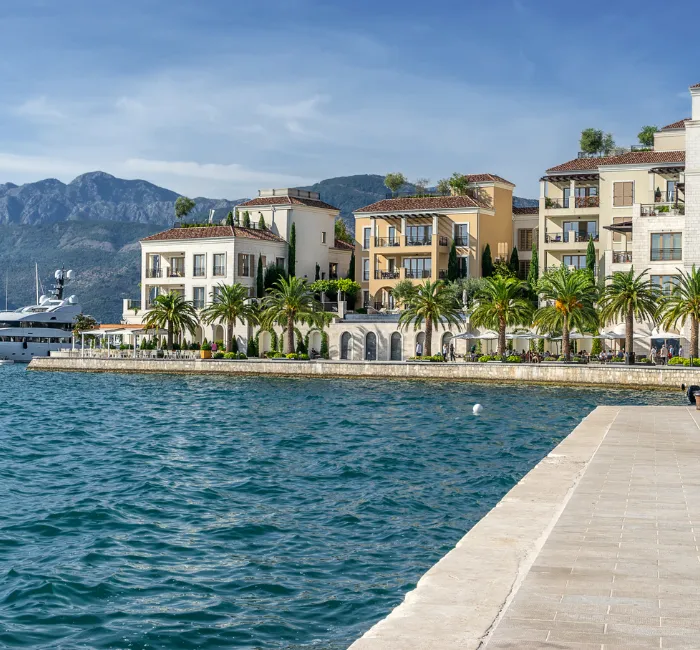
Unlike some countries where investors seek short-term rental depreciation loopholes for tax advantages, Montenegro's straightforward system eliminates the need for such strategies. You benefit from:
- Simple 30% standard deduction on all rental income
- No requirement to track or calculate depreciation
- Clear tax rules that apply equally to all rental types
How to Calculate Your Tax
Basic formula for your rental income tax:
(Rental income - 30% standard deduction) × 15% = Tax due
Example:
- Monthly rental income: €1,000
- Annual income: €12,000
- Standard deduction (30%): €3,600
- Taxable income: €8,400
- Tax due: €1,260 (15% of €8,400)
Property Tax Calculations
Annual property tax is separate from income tax:
- Rate: 0.25% to 1% of market value (up to 5% for tourist properties)
- Paid in two installments: June 30 and October 31
- Based on property value as of January 1
When Do Tax Obligations Start?
Your tax obligations begin when:
- You start renting out your property
- You must register with tax authorities within 15 days
- Property tax is due annually regardless of rental status
How to Report Rental Income
You'll need to:
- Register with Montenegro tax authorities
- File annual tax returns
- Pay taxes in two installments
- Keep records of rental income and expenses
Special Considerations for Airbnb Hosts
If you rent through platforms like Airbnb or Booking.com:
- You must still register with local tax authorities
- Collect and remit tourist tax
- Report all income, even if paid through foreign platforms
- Consider registering as a business for additional benefits
Tax Benefits for Business Registration
If you register your rental as a business:
- Access to business expense deductions
- Potential for lower tax rates (9% to 15% corporate tax)
- Ability to depreciate property and equipment
- More flexibility in expense deductions
Summary
Montenegro's rental property tax system is simpler than many countries:
- No complex depreciation rules for individuals
- No requirement to understand short-term rental depreciation schedules
- Flat 15% tax on rental income
- Standard 30% expense deduction
- Simple property tax system
Understanding these differences can help you maximize your rental income while staying compliant with Montenegro's tax laws. Since tax regulations can change, it's best to work with a local tax professional who knows the specific rules for your area and property type.
If you're looking for more information on buying, selling, or renting property in Montenegro, Objekta Real Estate is here to help. Our team offers expert advice to help you make the most of your investment.
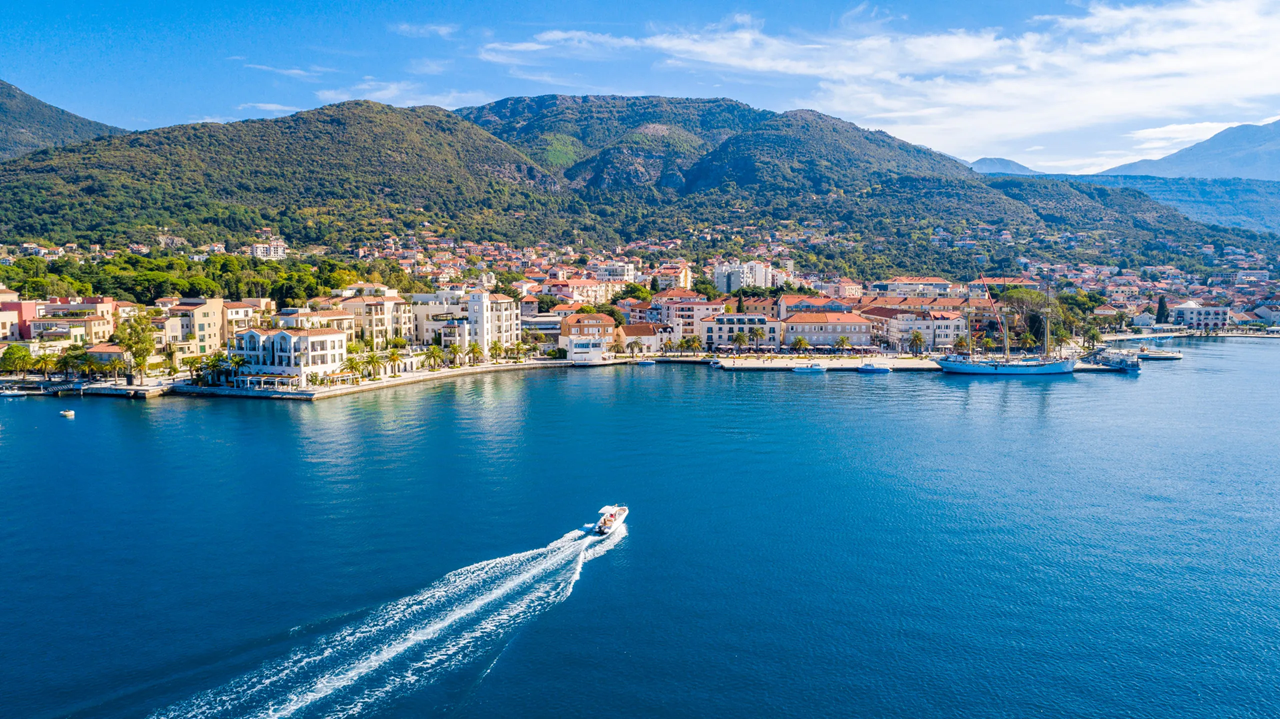


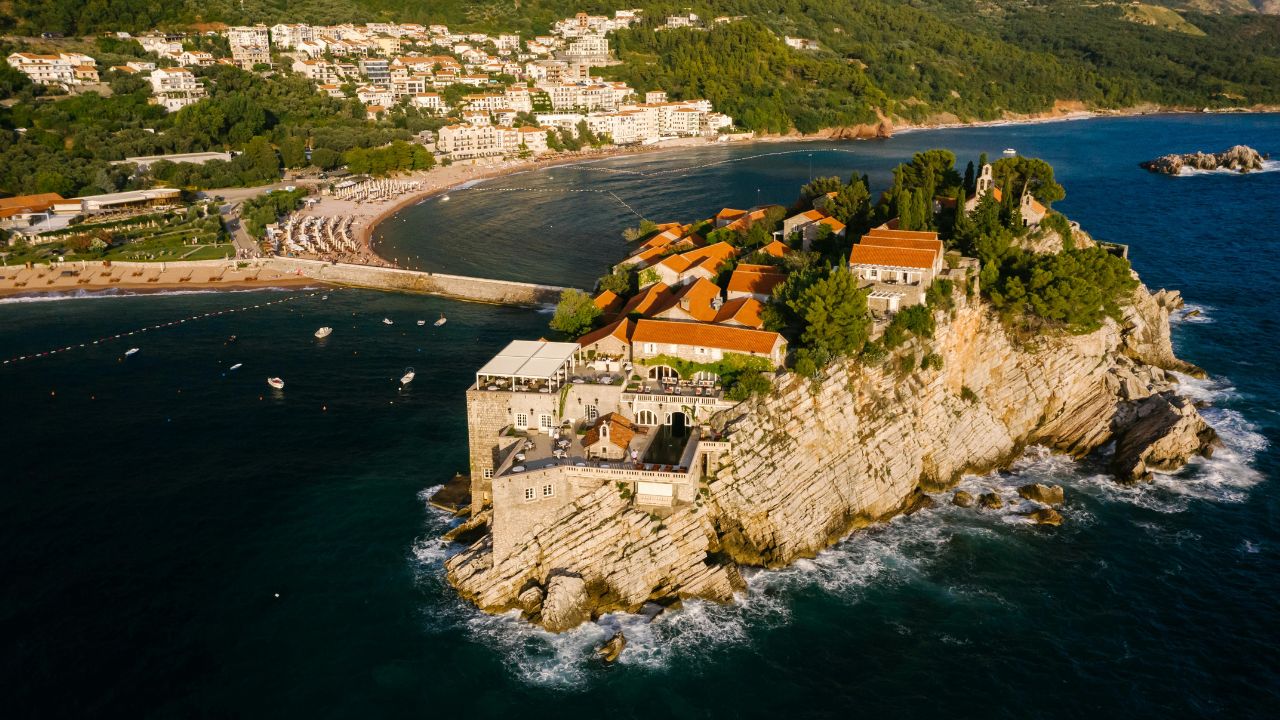








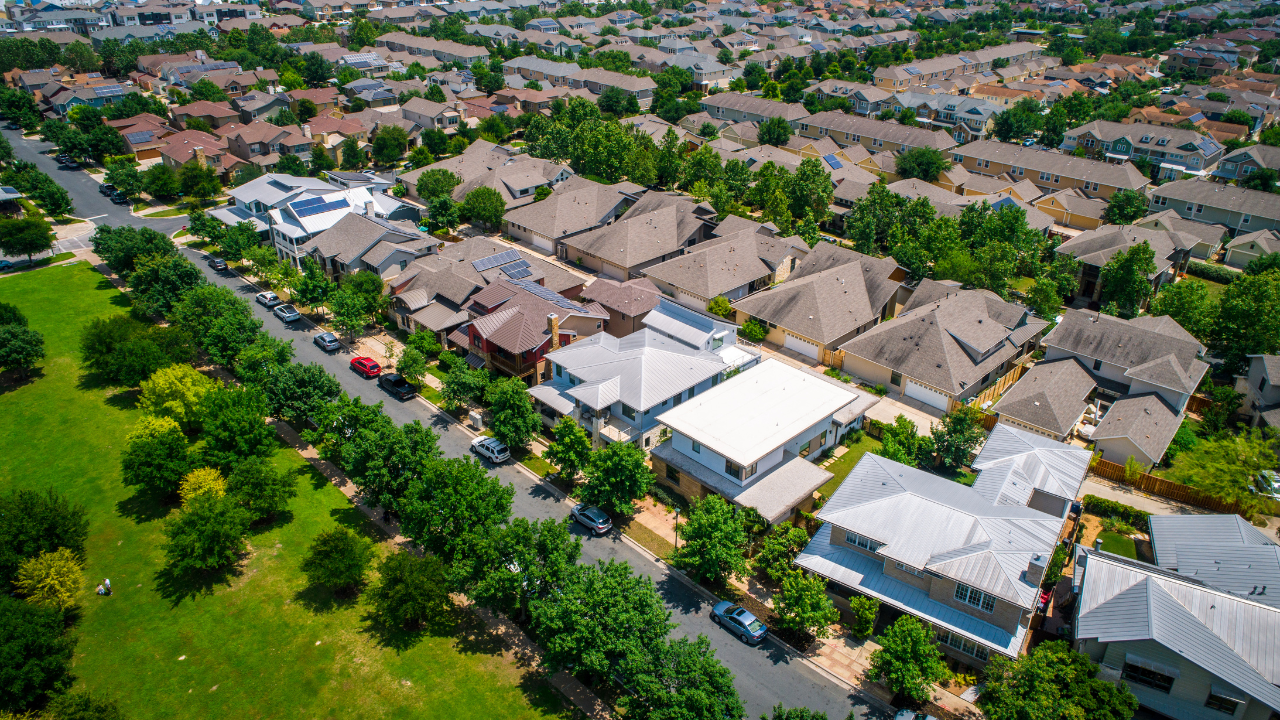
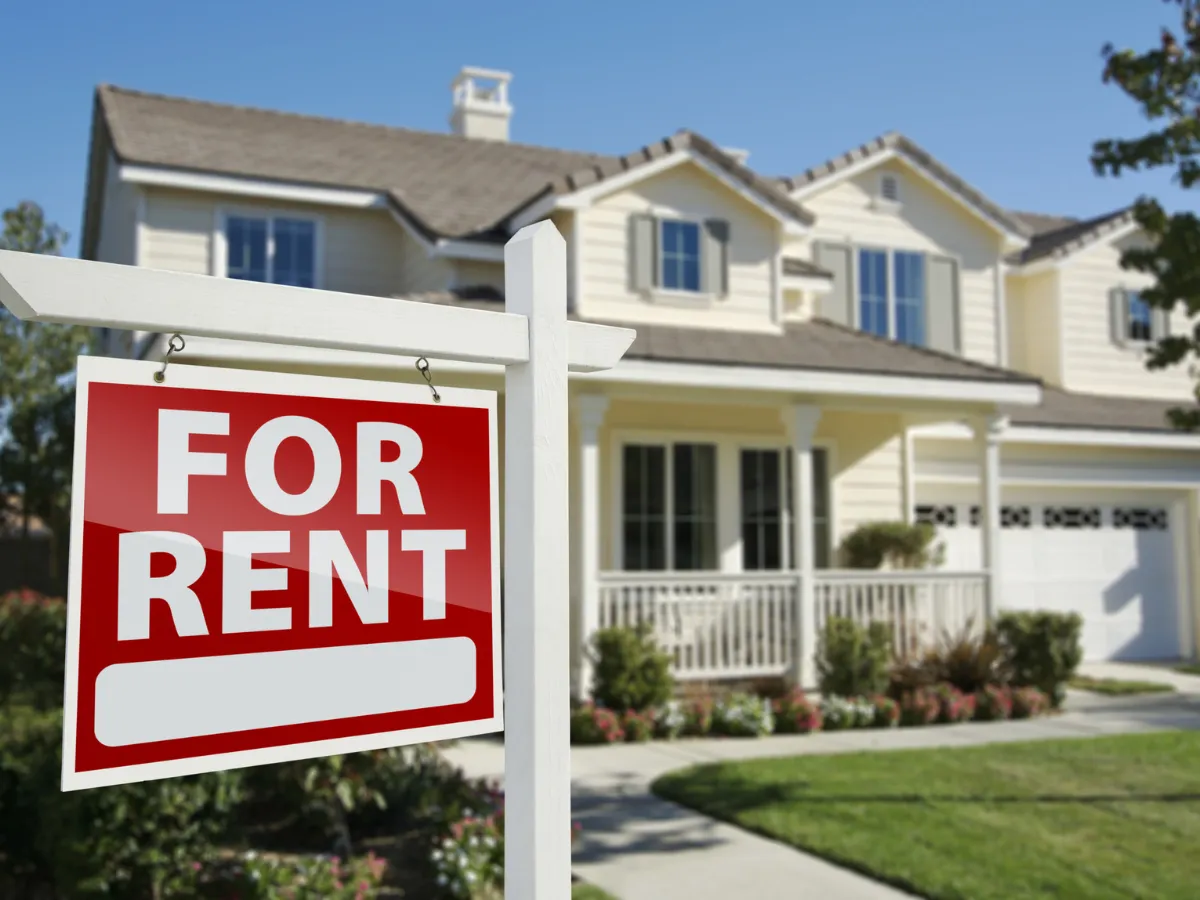
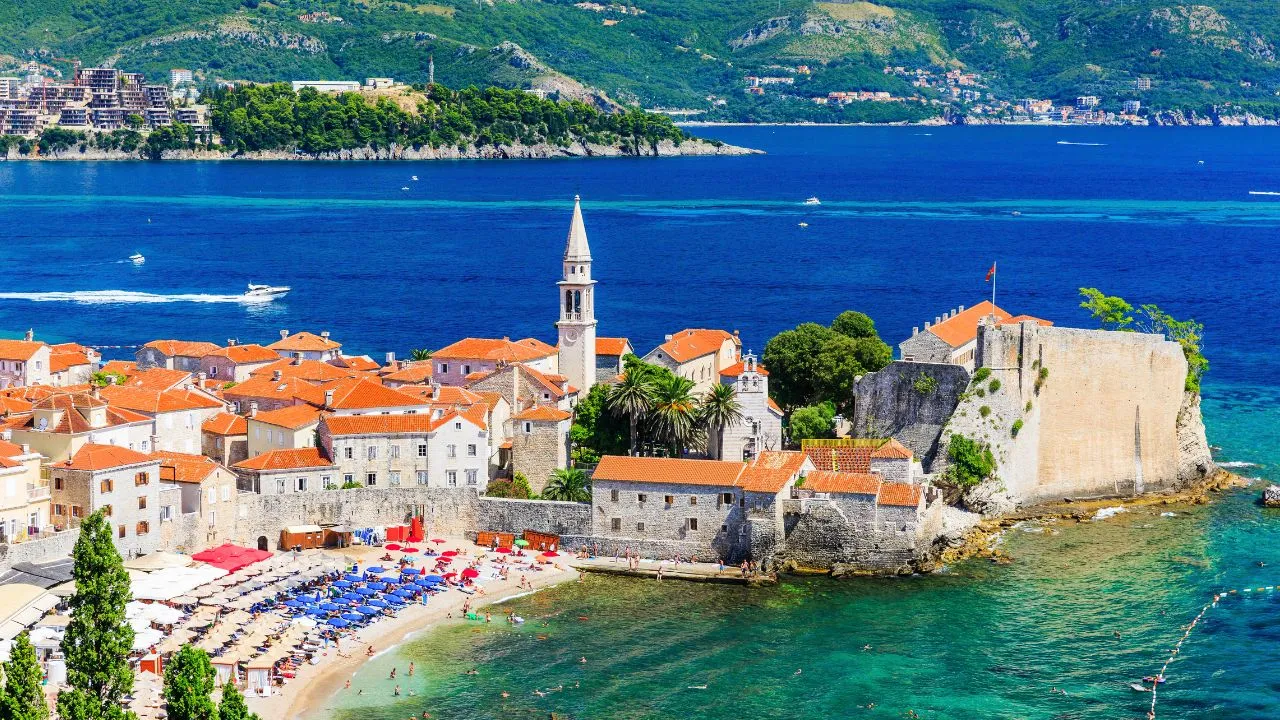




















.webp)

.webp)
.webp)

.webp)

.webp)
.webp)
.webp)

.webp)
.webp)
.webp)
.webp)

.webp)
.webp)
.webp)
.webp)
.webp)
.webp)
.webp)





.webp)

.webp)



















.avif)